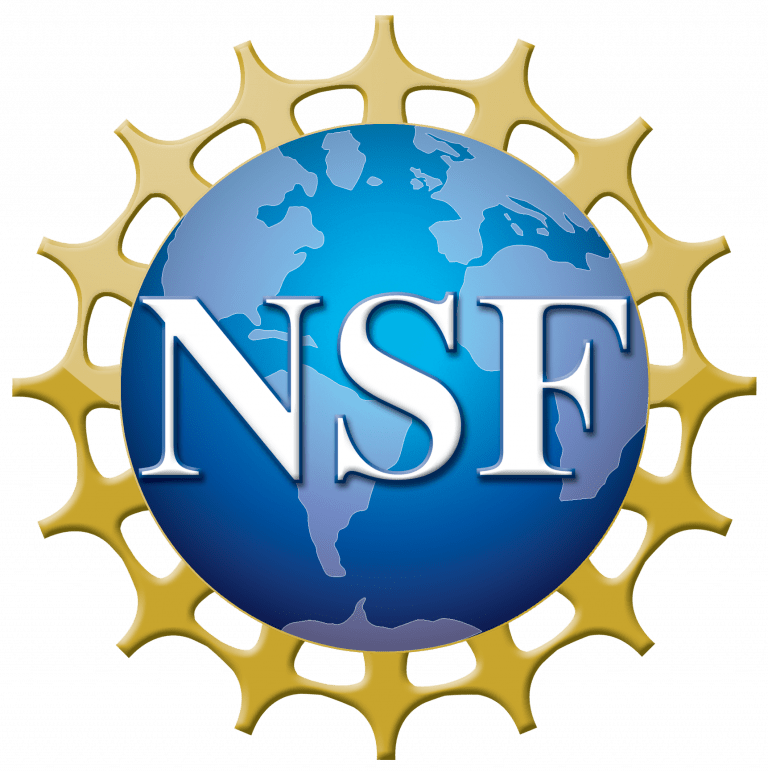My PhD student Maotong Xu defended his PhD dissertation on deadline-aware scheduling in clouds and has joined Facebook as Research Scientist.
Category: News
Dr. Subramaniam Receives NSF Grant for Network Infrastructure Resilience Research
Dr. Suresh Subramaniam has received a three-year $368,000 National Science Foundation grant for the project “Resilience in Next-Generation Intelligent Optical Networks.” The world’s telecom infrastructure is dominated by fiber optics because of optical fiber’s tremendous bandwidth, and huge investments continue to be made in that infrastructure. However, as the insatiable demand for bandwidth grows, the network becomes more and more complex and harder to manage and protect. Network designers are, therefore, increasingly turning toward “disaggregated” optical nodes, which are composed of simple building blocks of essential functions. This project aims to equip the network infrastructure with resilience against failures, both small-scale, due to component or system degradation, and large-scale, due to disasters, for example. Resilience schemes at multiple granularity levels, ranging from component-level to network-level to service-level, will be developed. This research is a joint project between Dr. Subramaniam and collaborators from Nagoya University and Kagawa University in Japan, who will be funded separately by NICT, Japan's research and funding agency for telecom research.
Dr. Subramaniam and colleagues receive $496K NSF grant
Dr. Suresh Subramaniam and his collaborator at San Jose State University have received a three-year, $496,000 National Science Foundation grant titled “Design and Provisioning for Inter-Datacenter Multi-granular Flexible Optical Networks.” GW's share of the award is $300,000. Large-scale data centers are constantly evolving to meet the ever-increasing demand for cloud computing services. As the scale of the data continues to increase and latencies become more and more important, providers are turning to geo-distributed datacenters to serve customers at the most proximal datacenter location. These new requirements pose a serious challenge to network operators, who have to come up with a flexible and reliable solution while considering the operational benefits that can potentially result. Recent advances in agile and flexible optical networking have made Flexible Optical Networks (FONs) a promising candidate for meeting the dynamic and heterogeneous connection demands between datacenters. Nevertheless, as networks scale in capacity, fine-grained switching of slots becomes prohibitively expensive; a flexible wavebanding optical cross-connect (OXC) has been recently proposed to offset the large increase in cost. The goal of this project is to develop design and provisioning strategies for multi-granular inter-datacenter FONs. The results of the project will inform the design of agile and flexible optical networks for inter-datacenter networking.
PhD Student Jingxin Wu Defended Her PhD Dissertation
My PhD student Jingxin Wu defended her PhD dissertation on wavebanding in multi-granular optical networks and has joined Juniper Networks.
Invited Talk on Data Center Networking at Nanyang Technological University in Singapore
Dr. Suresh Subramaniam gave invited lectures at the Summer School on Optics and Photonics, held at the Indian Institute of Science, Bangalore, and at Nanyang Technological University, Singapore. The topic of his lectures was data center networking.
Invited Paper Presentation on Power Optimization Using a Cooperative Server-Network Approach for Data Centers at ICCCN
Dr. Subramaniam presented an invited paper authored by his students and colleagues at the International Conference on Computer Communication Networks. The conference was held July 30 – August 2 in Hangzhou, China. The paper citation is: B. Lu, S. S. Dayupule, F. Yao. J. Wu, G. Venkataramani, and S. Subramaniam. “PopCorns: Power optimization using a cooperative network-server approach for data centers
Completed IEEE Distinguished Lecture Tour of India
Dr. Suresh Subramaniam completed an IEEE Distinguished Lecture Tour of India with talks in Kolkota, Hyderabad, Kozhikode, and Bangalore.
Dr. Subramaniam selected as an IEEE Communications Society Distinguished Lecturer for 2018 and 2019
Dr. Suresh Subramaniam has been selected as an IEEE Communications Society Distinguished Lecturer for 2018 and 2019. As an IEEE Distinguished Lecturer, he is expected to deliver several lectures on tour on behalf the IEEE on topics of his research interest. His current interests are elastic optical networking, data center networking, and cloud computing.
Selected as IEEE ComSoc Distinguished Lecturer for 2018 and 2019
Dr. Suresh Subramaniam has been selected as an IEEE Communications Society Distinguished Lecturer for 2018 and 2019. As an IEEE Distinguished Lecturer, he is expected to deliver several lectures on tour on behalf the IEEE on topics of his research interest. His current interests are elastic optical networking, data center networking, and cloud computing.
Prof. Guru Venkataramani and Prof. Suresh Subramaniam Recently Received $499k in Funding From NSF’s CSR Core Program
Prof. Guru Venkataramani and Prof. Suresh Subramaniam recently received $499k in funding from NSF's CSR Core program for their project titled, "A server-network cooperative approach to data center energy optimization". The project investigates mechanisms to improve energy efficiency in data centers through a holistic understanding of data center servers and networks, and by leveraging the power optimizing features (such as sleep states and link rate adaptation mechanisms) present in them. Further, the project will explore the impact of heterogeneous processor hardware and emerging network paradigms, and their roles in improving energy efficiency in future data centers. The performance period is from 09/'17 through 08/'20.

